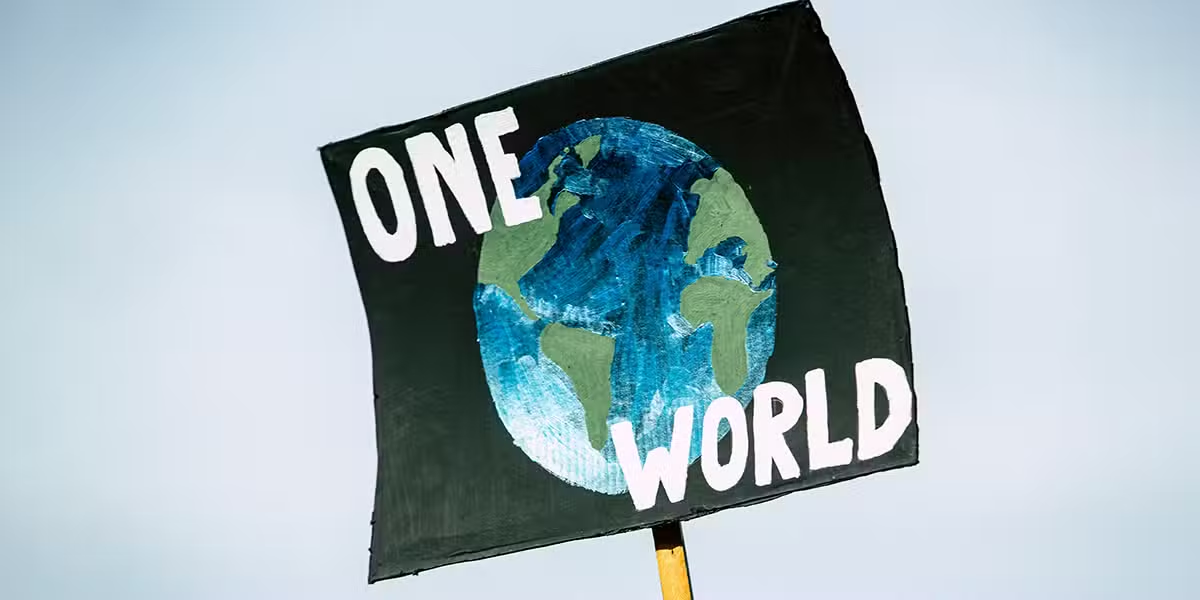They say the best things in life are free—and I believe it. No amount of money can buy a sense of real belonging with your family, friends, and community, or assure health in body, mind, and soul. As I think about my own life, there is almost nothing that I really care about that I earned, planned, or even expected. It has all been a gift.
Money can’t buy any of these, because at the heart of them is love, in its various forms. The common source is the One who is love itself. Love doesn’t compute in the economic realm; it doesn’t factor into the gross domestic product or the S&P 500. Yet its measure is infinitely clear on a deathbed or at a funeral.
Isn’t the natural world priceless too? Who of us, for example, hasn’t had an experience in which the loveliness of nature inspired us with love for its Creator—an experience that no amount of money could buy? Scripture is replete with such witness, from the Book of Job to the Psalms to the sermon on the mount, in which Jesus urged his followers to consider the lilies of the field.
When we look back on our lives, I hope we can say we lived with gratitude for all that is priceless and precious.
In addition to beauty, science has helped us recognize the crucial ecosystem services that nature also provides us at no charge, and which no amount of money or technology could replace. Nature gives us food, raw materials, energy, soil replacement, irrigation, air and water purification, coastal protection, climate regulation, flood control, and waste decomposition. These all come without price, and they are all precious, as we would quickly learn if we lost them.
Given that we are rapidly diminishing the earth’s capacity to provide these resources, concerned scientists have tried to assign a dollar value to global ecosystem services. In 2014, that figure was $142.7 trillion—compared to a total gross world product of $77.8 trillion. How strange: Environmental services that are essential to our survival and are worth almost twice our overall global economic activity basically don’t even factor into our key economic indicators. At the end of the day, though, even better accounting won’t tell the whole story—because God’s infinite love is also at the core of nature’s gifts.
When we look back on our lives, I hope we can say we lived with gratitude and care for all that is priceless and precious. To my mind, that’s what it means to be at home on God’s good earth.
Count Your Blessings
1. Do you tell those you love how precious they are to you? How might you cultivate similar gratitude for nature?
2. Take some time to list everything nature does to make your life better, easier, or even possible. It will be a long list!
3. Consider reading The Green Bible—an NRSV version of the Bible that highlights (in green, of course) all passages related to nature and the environment.








